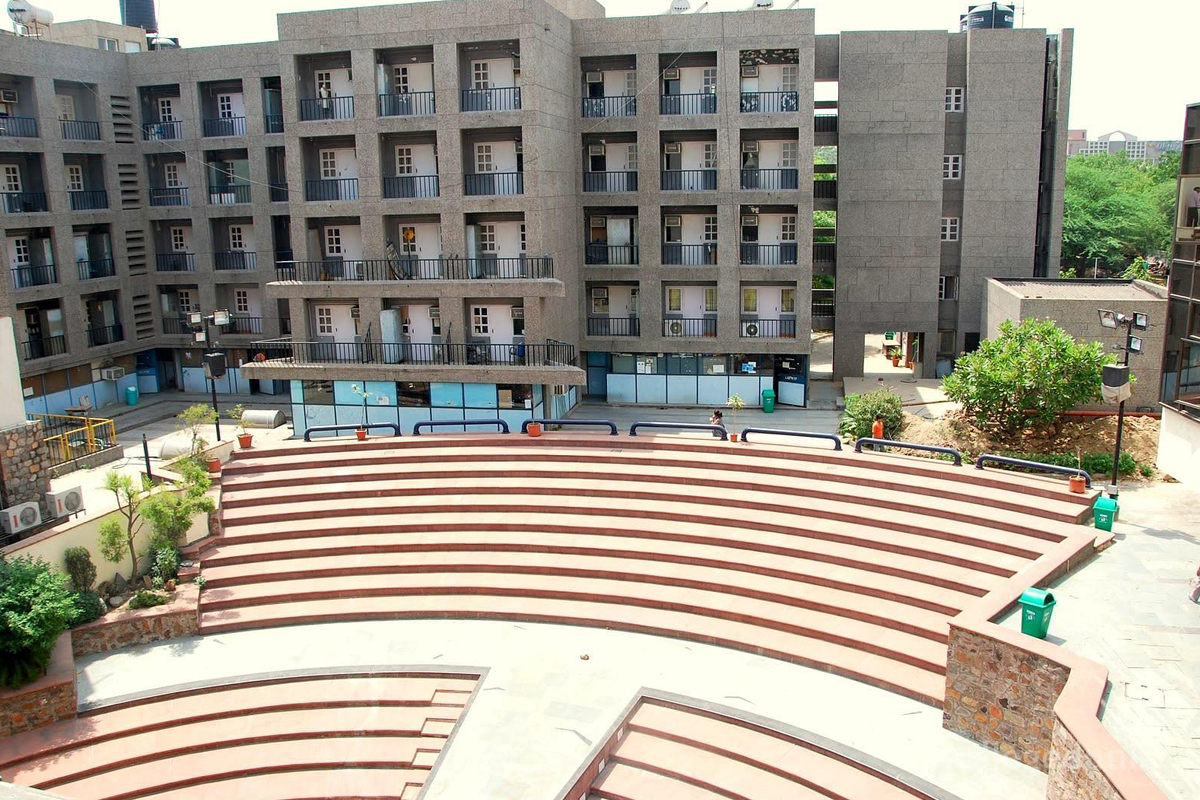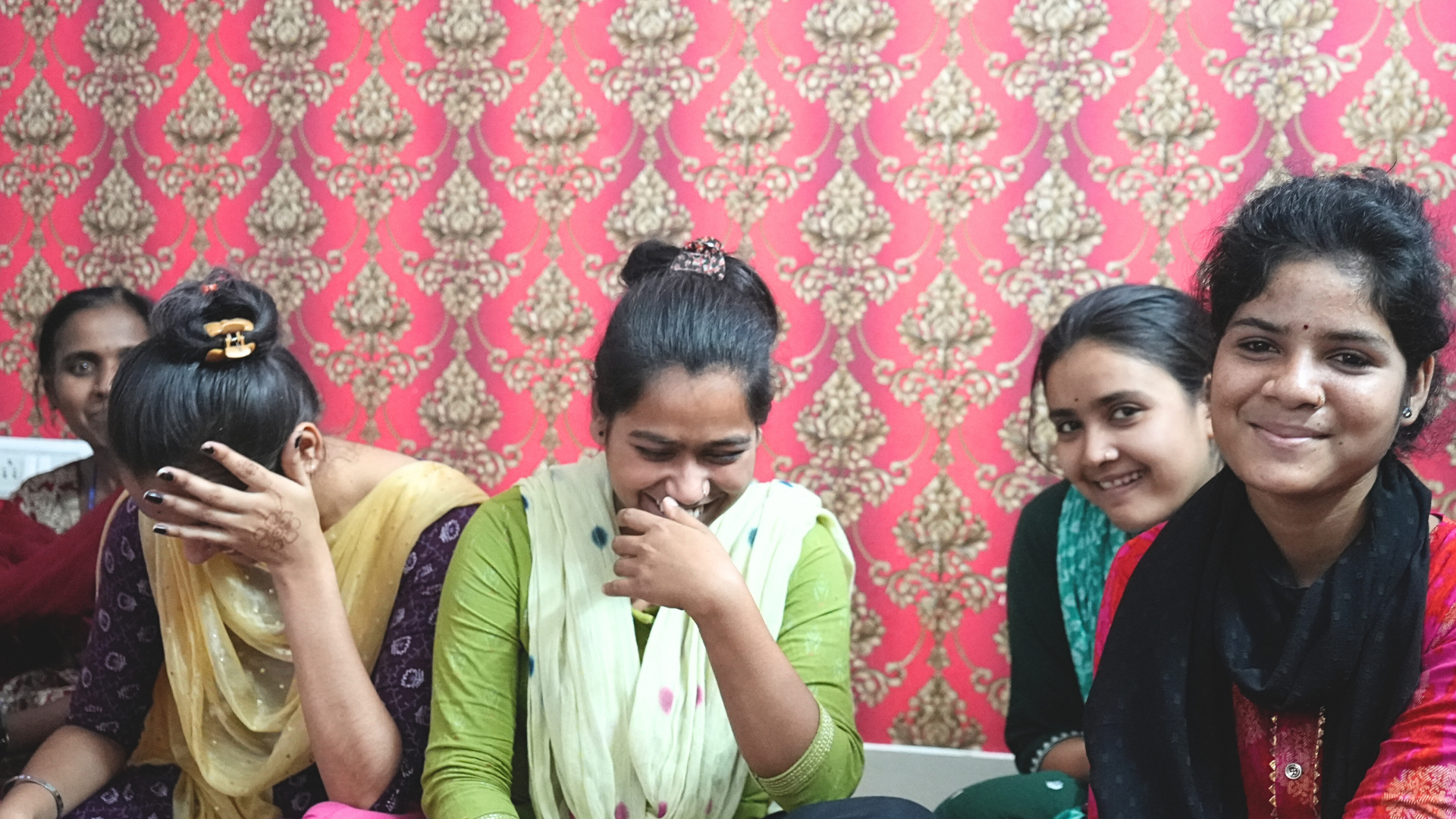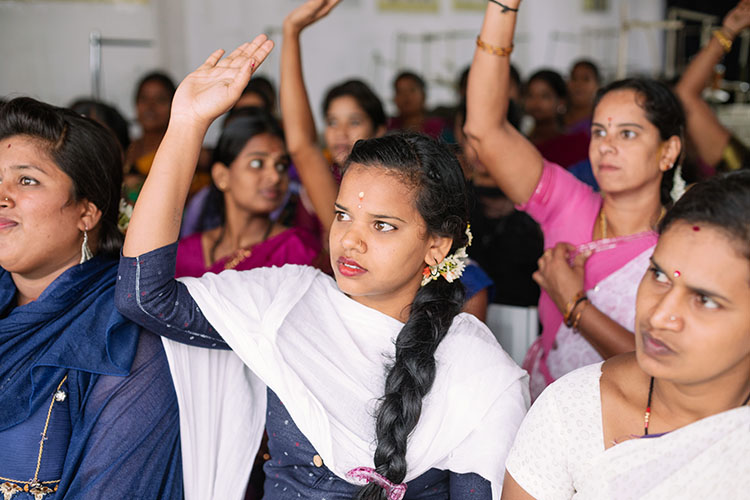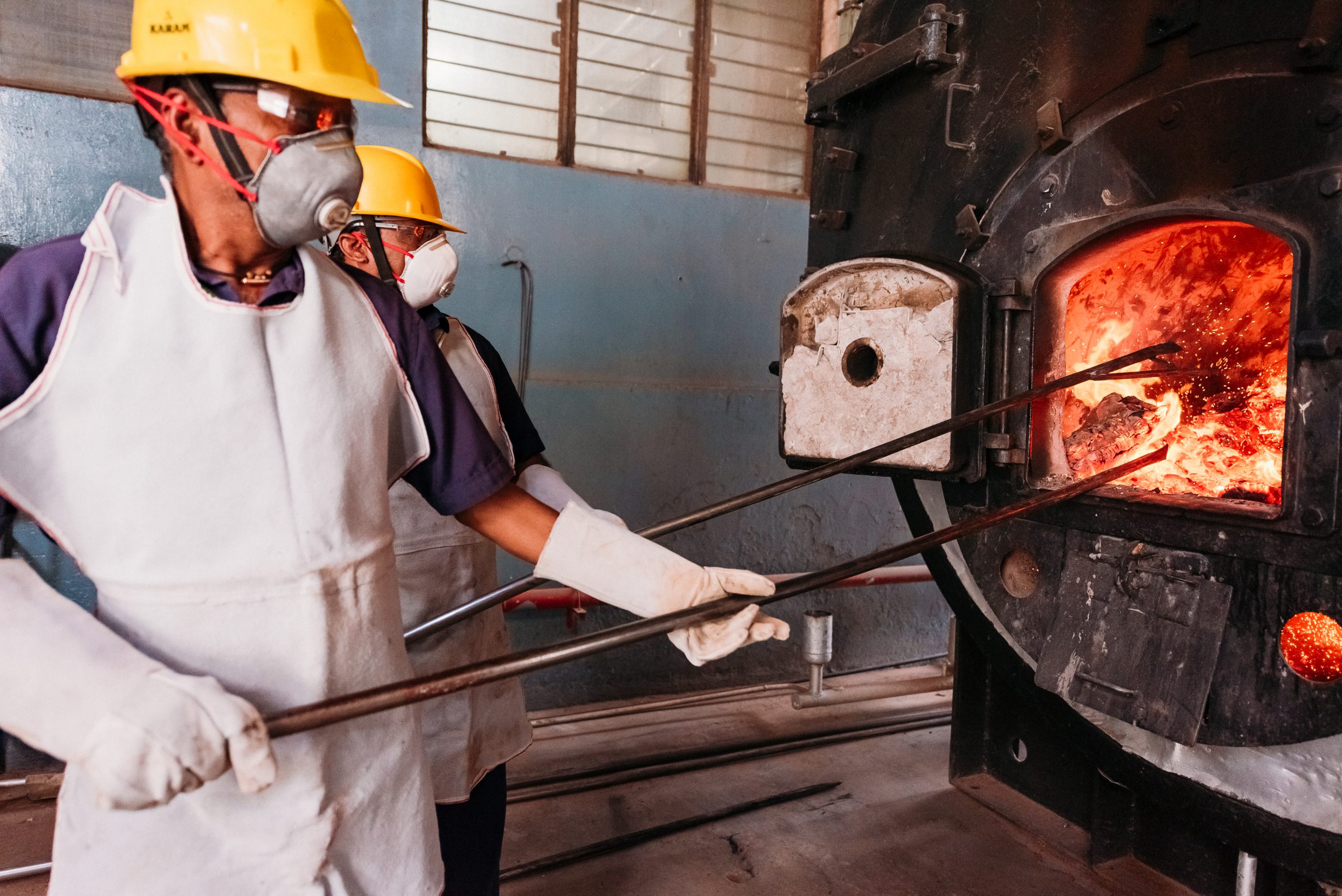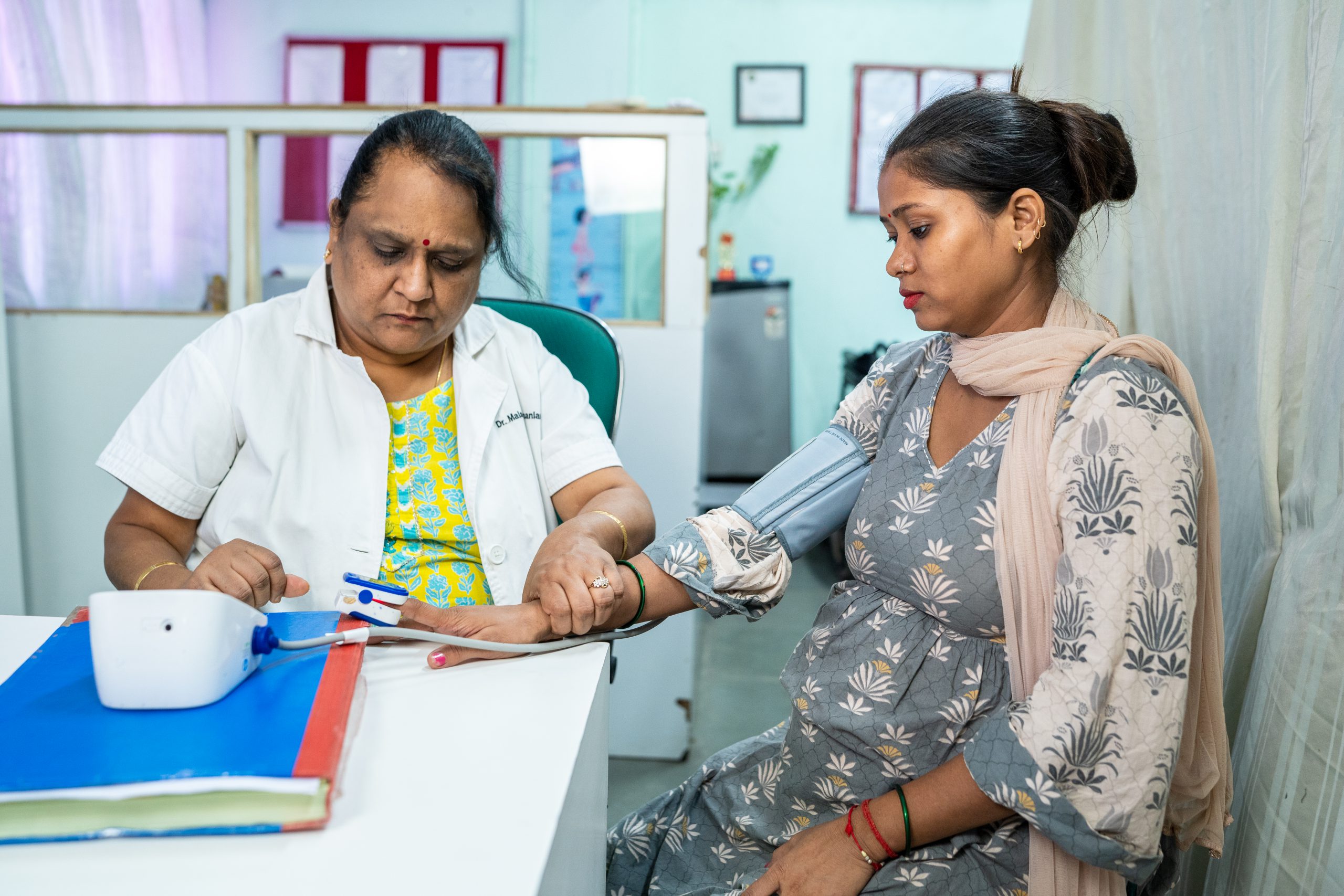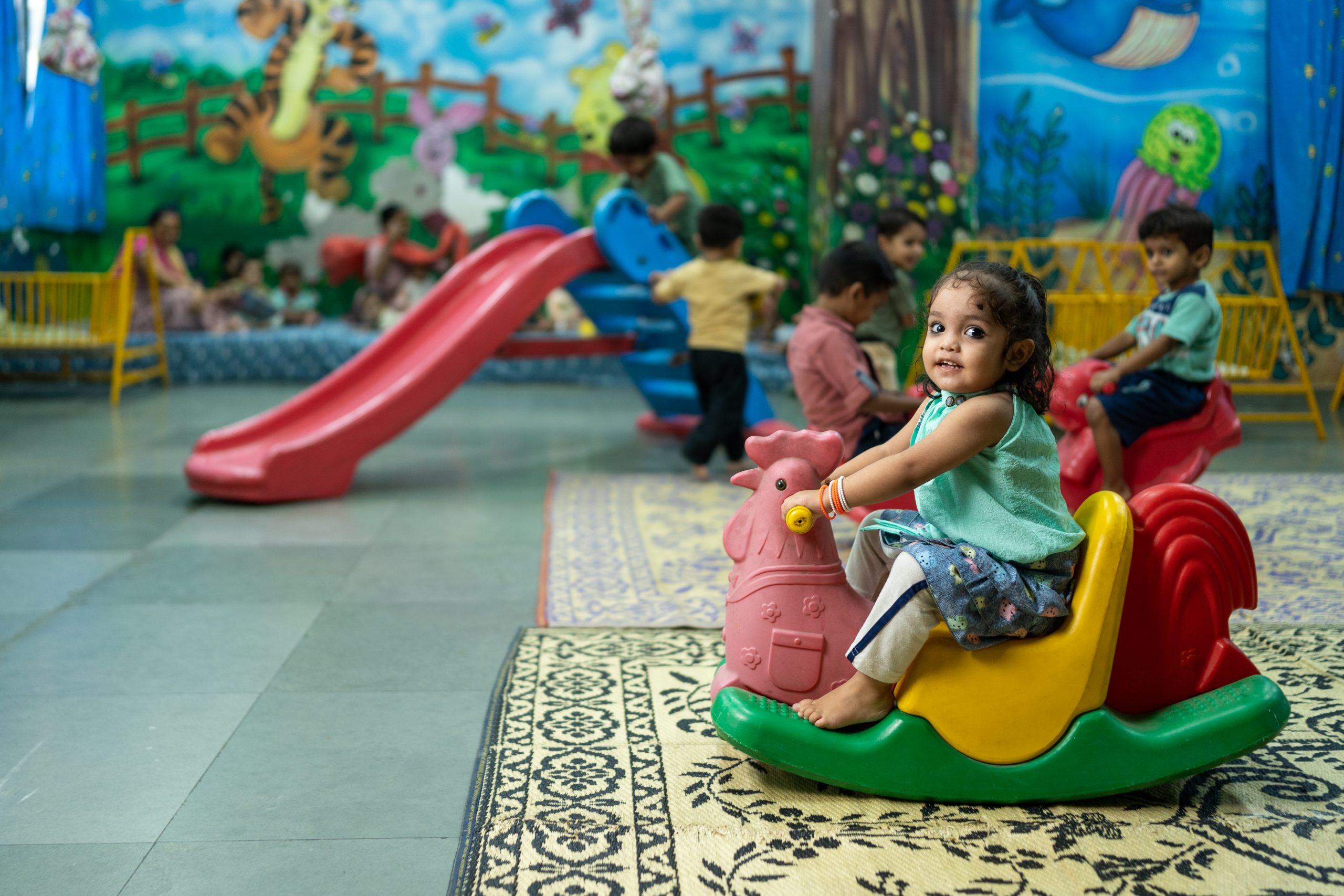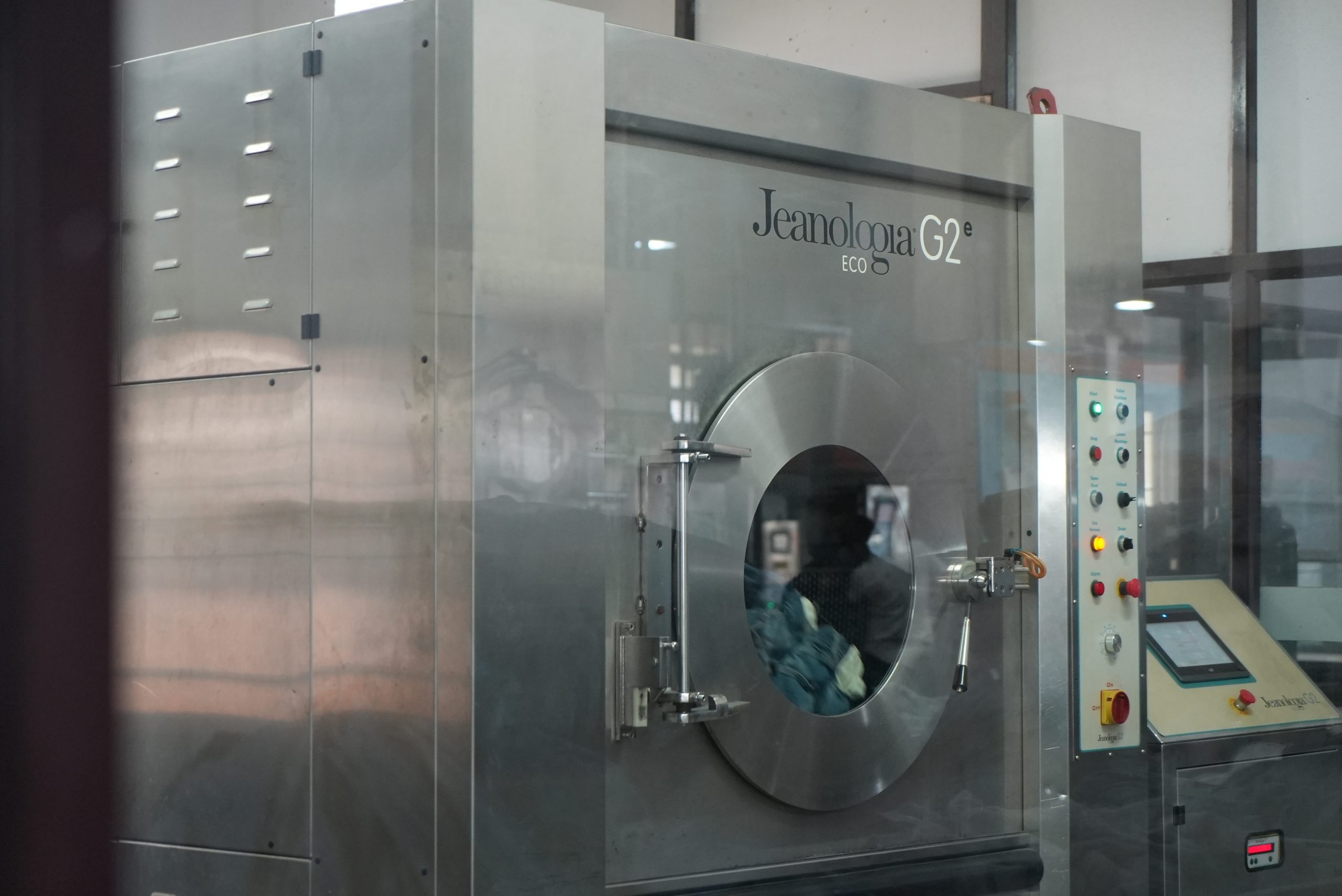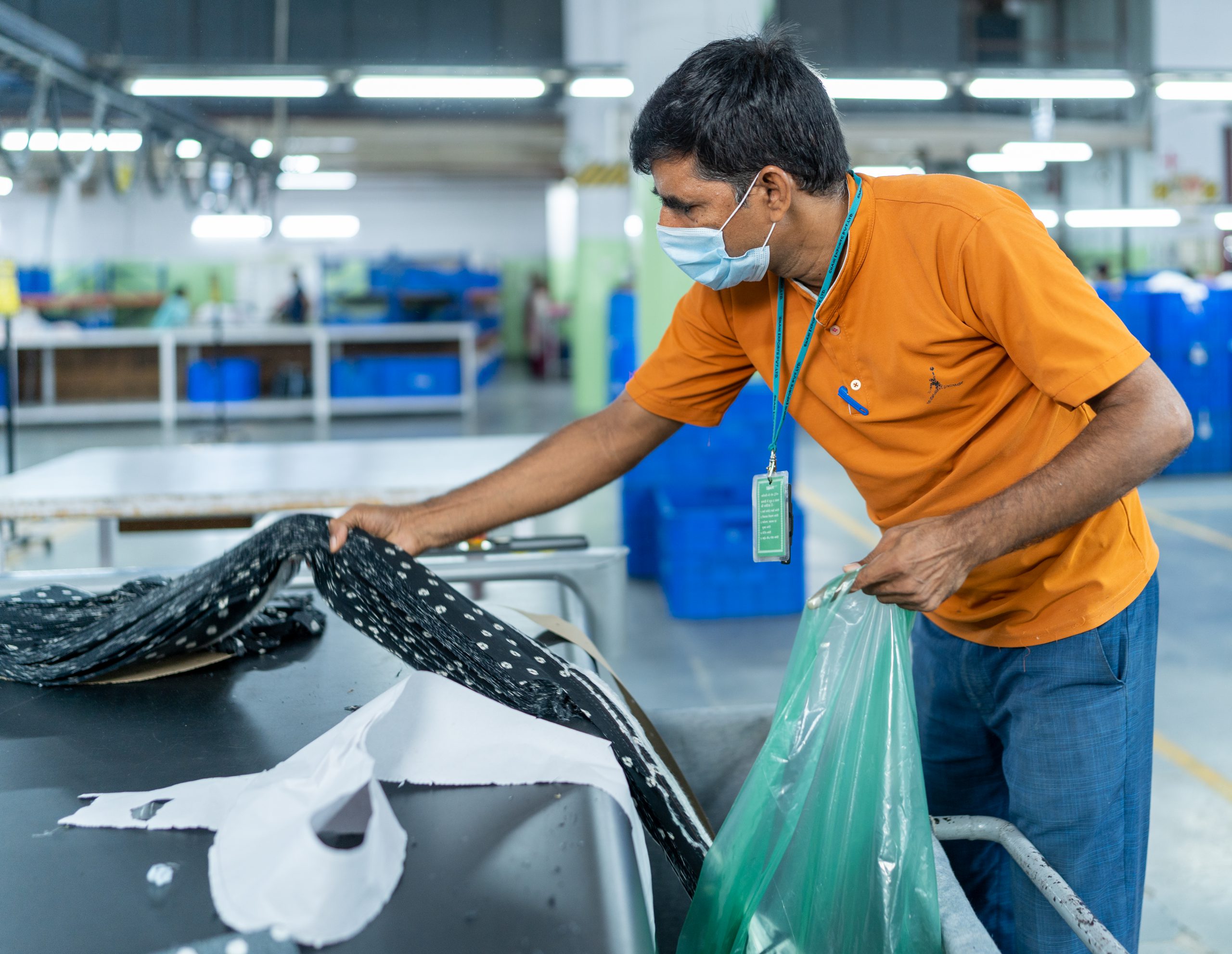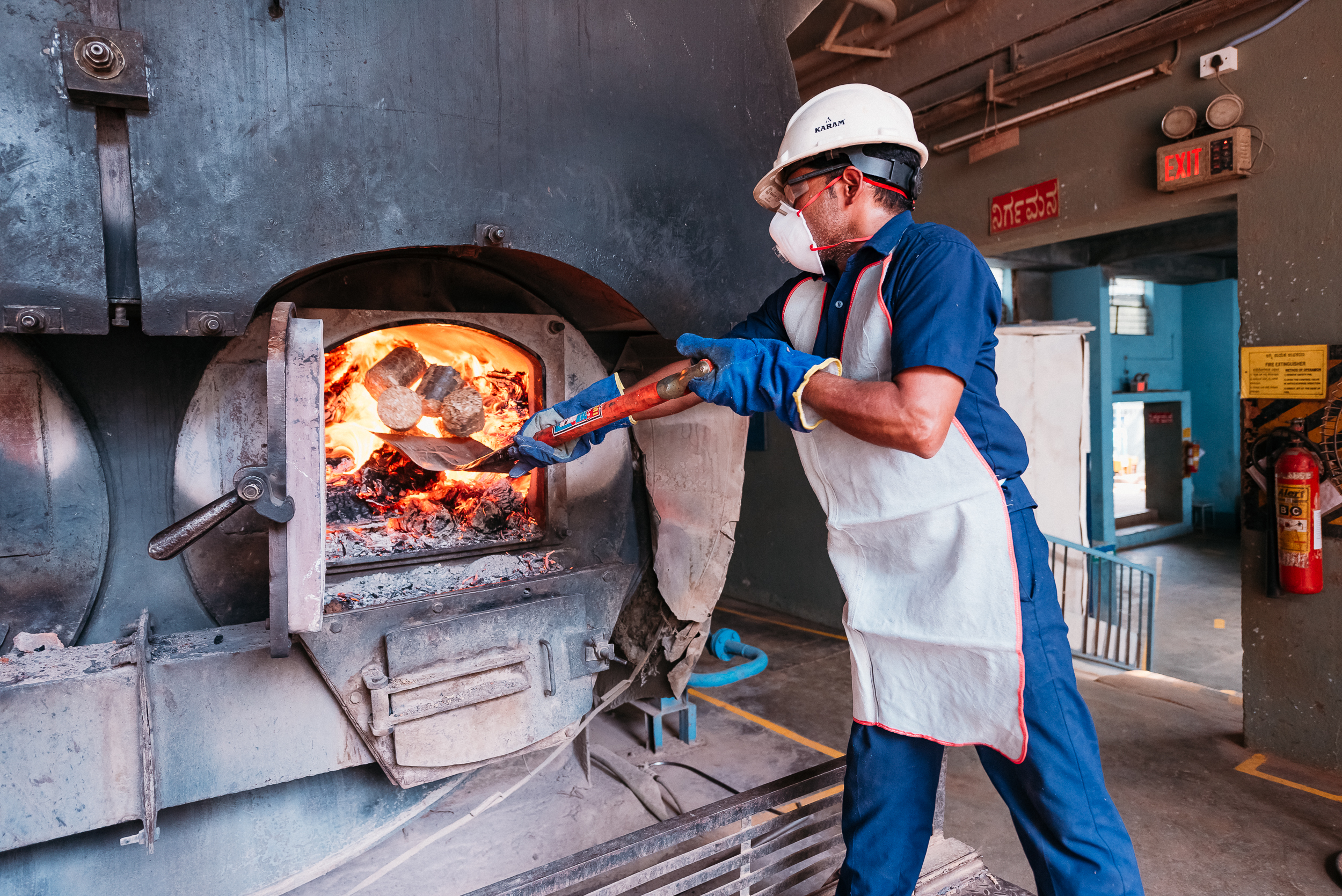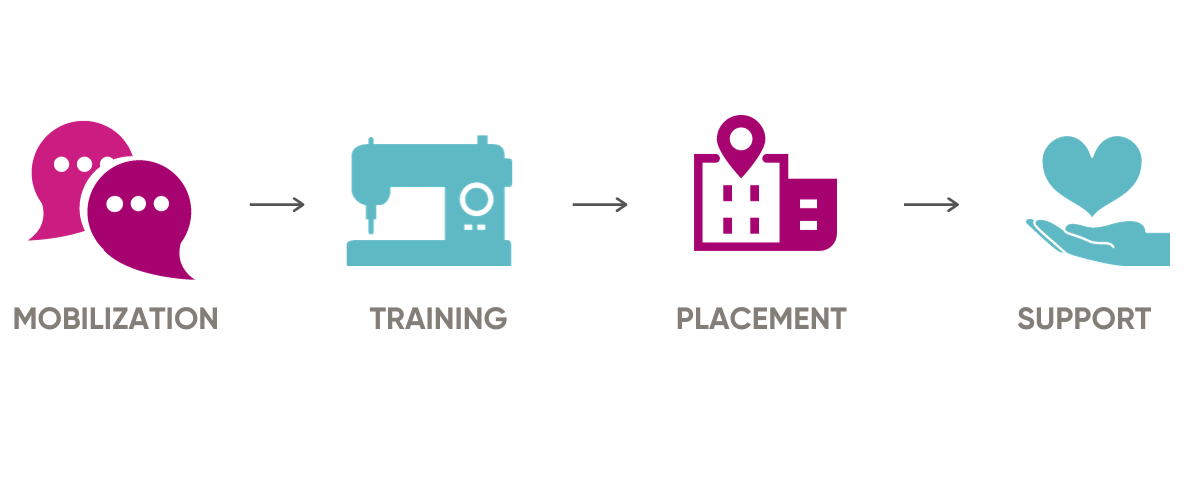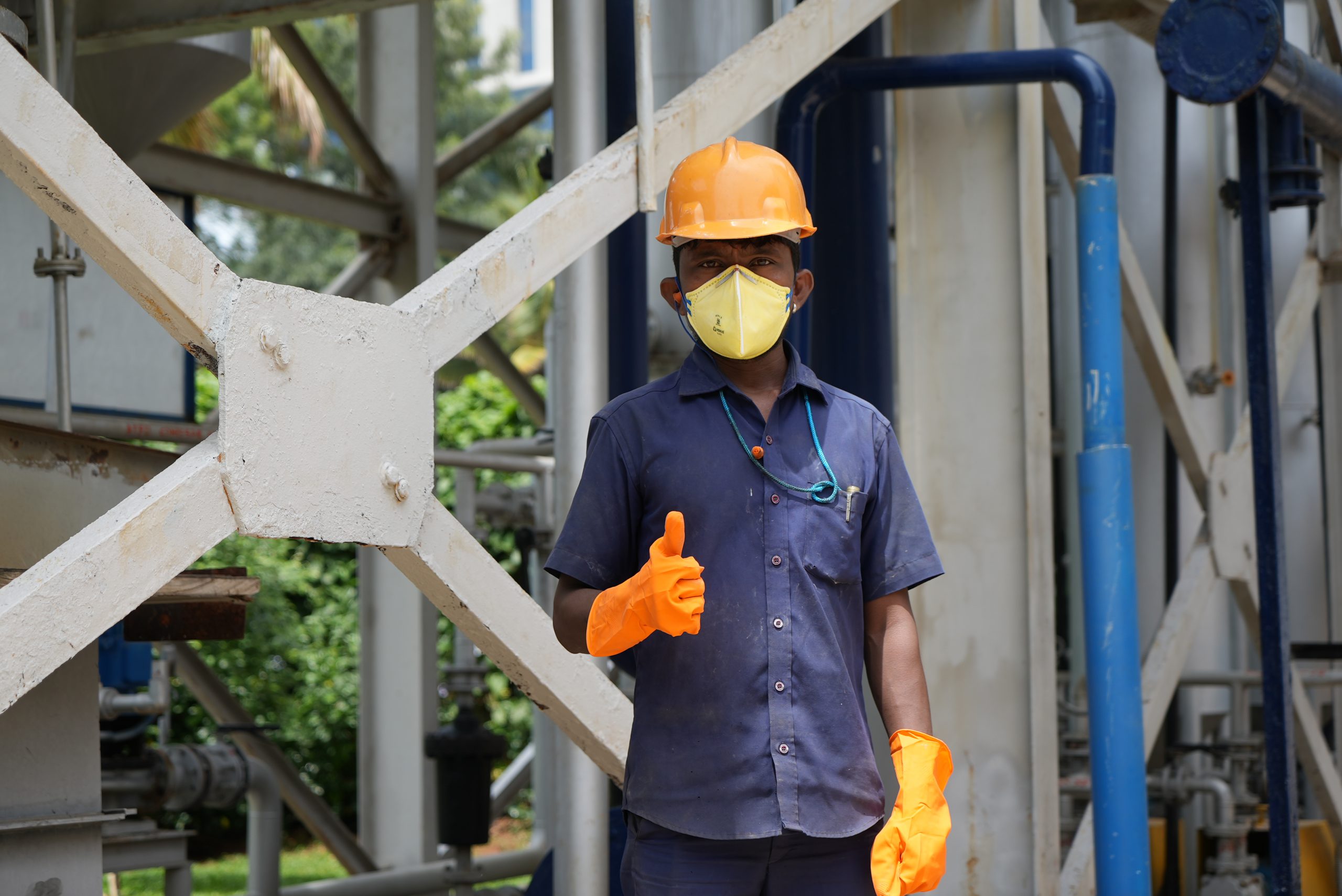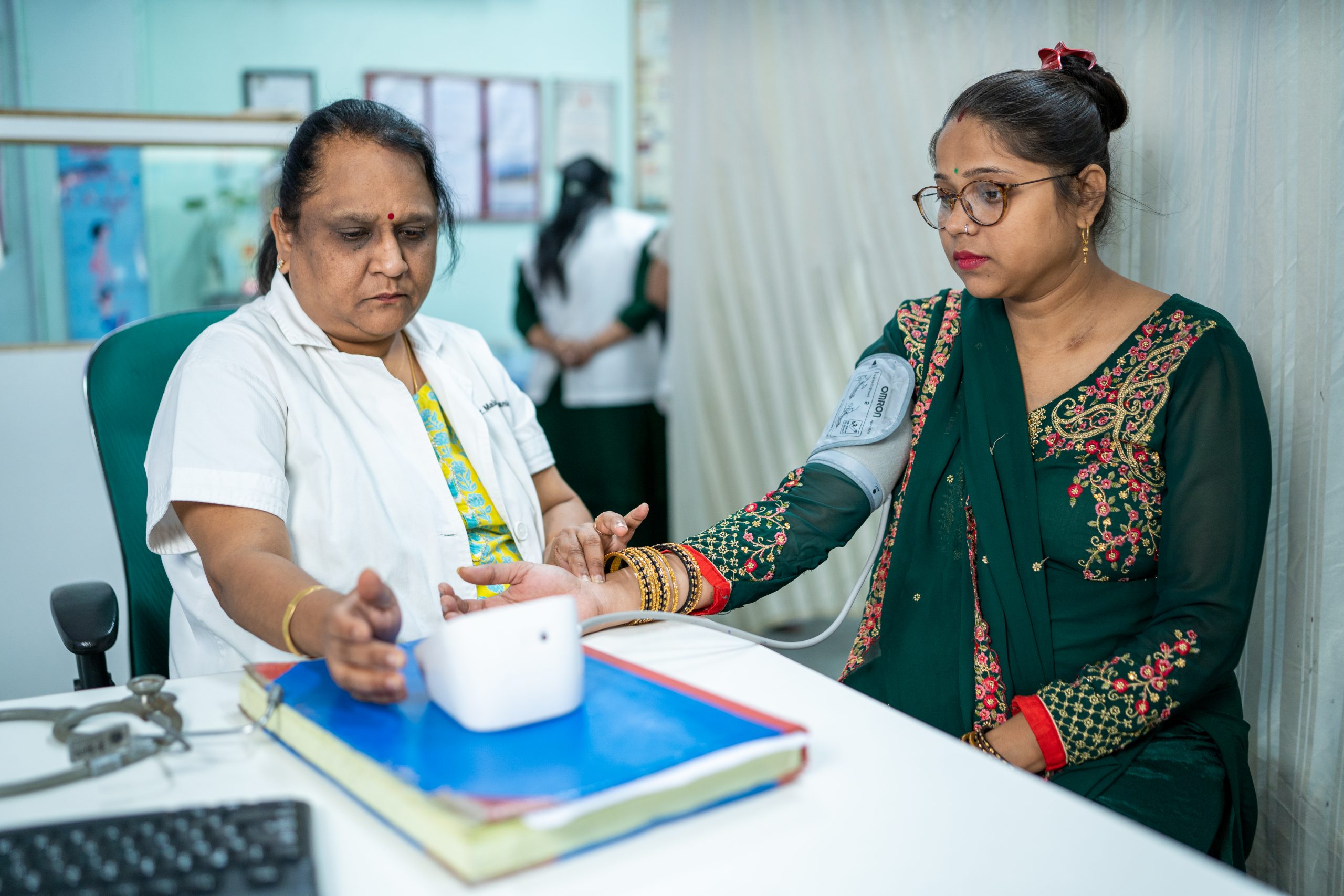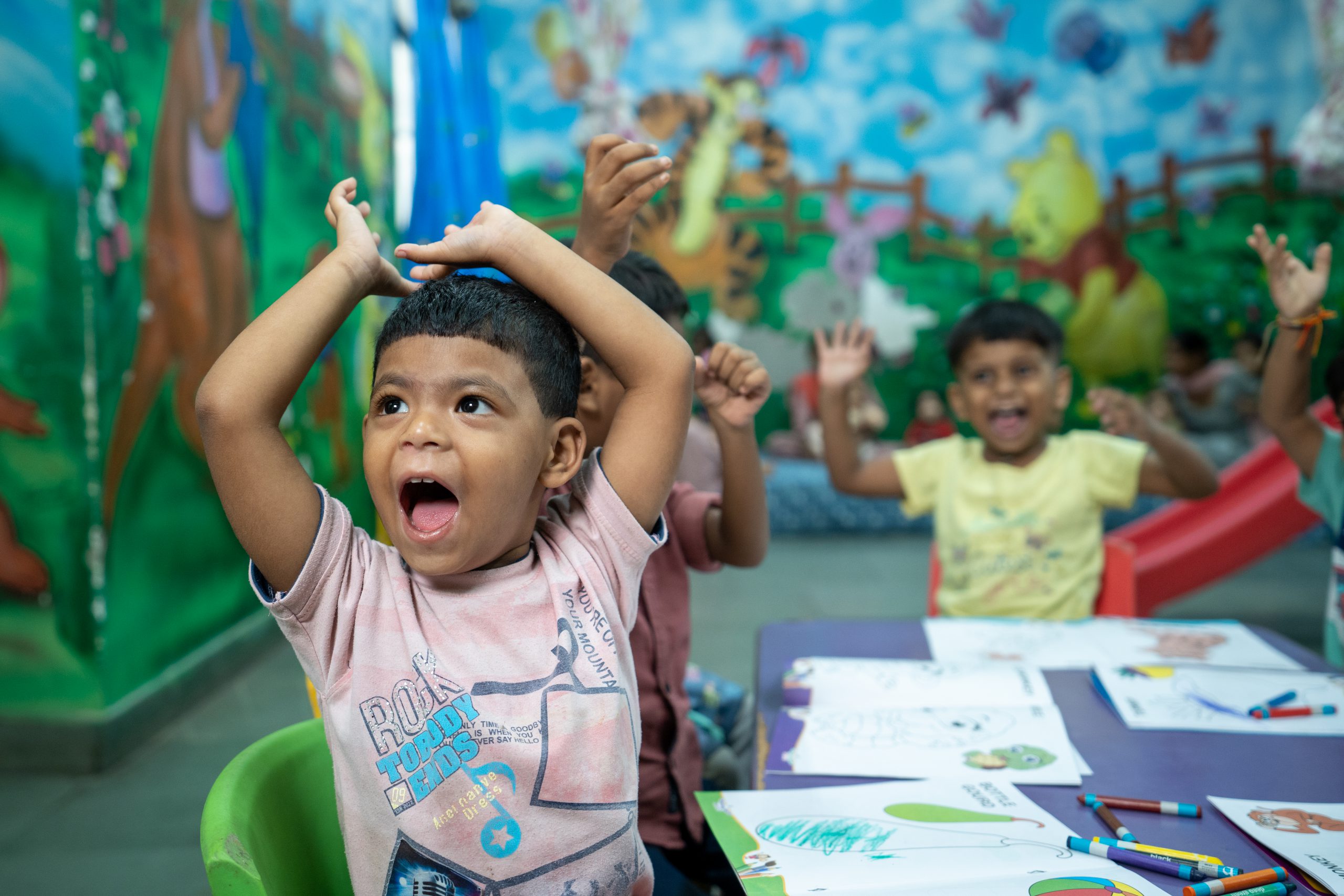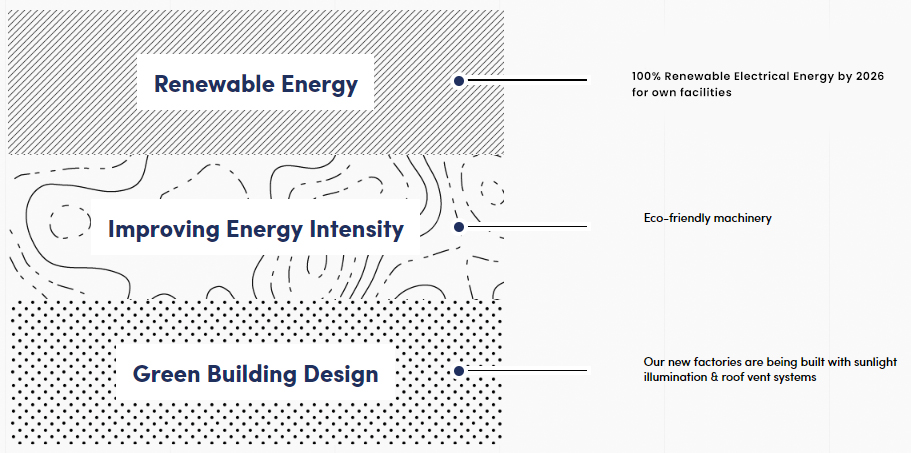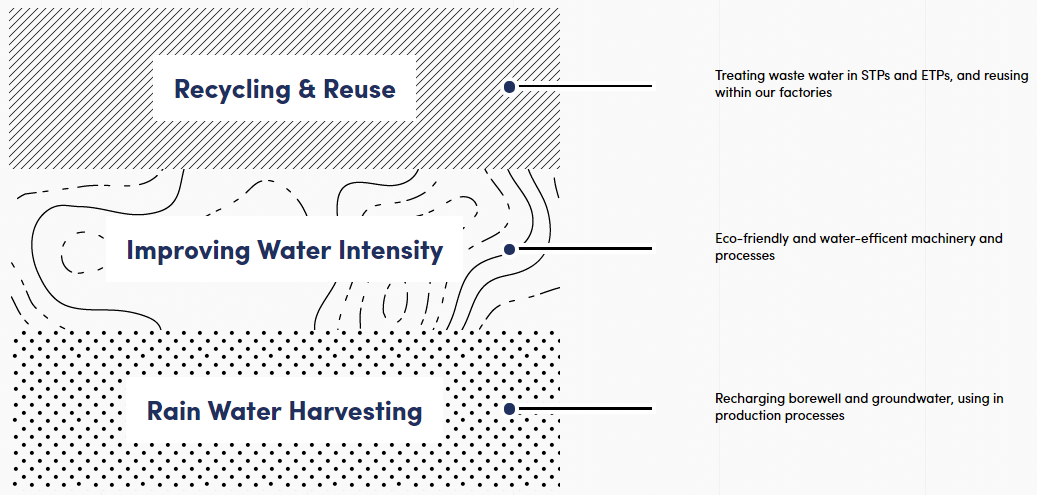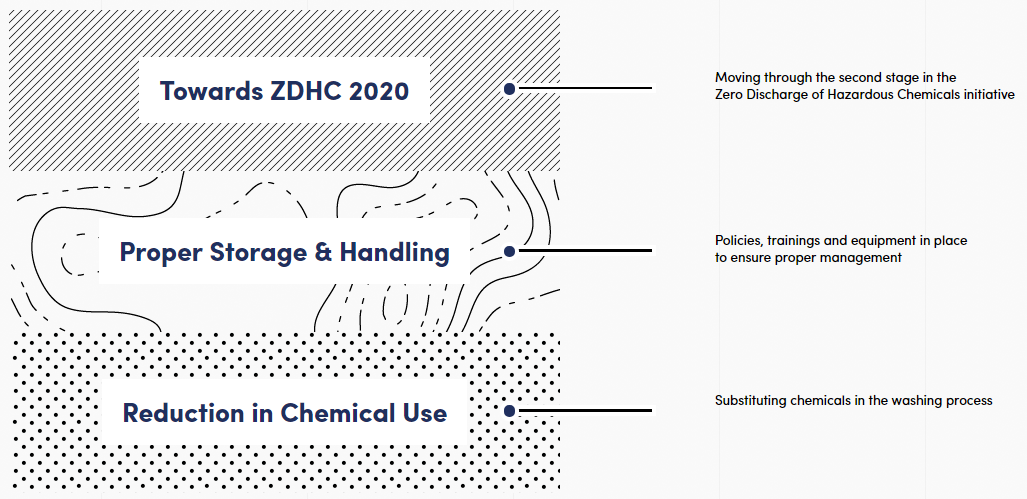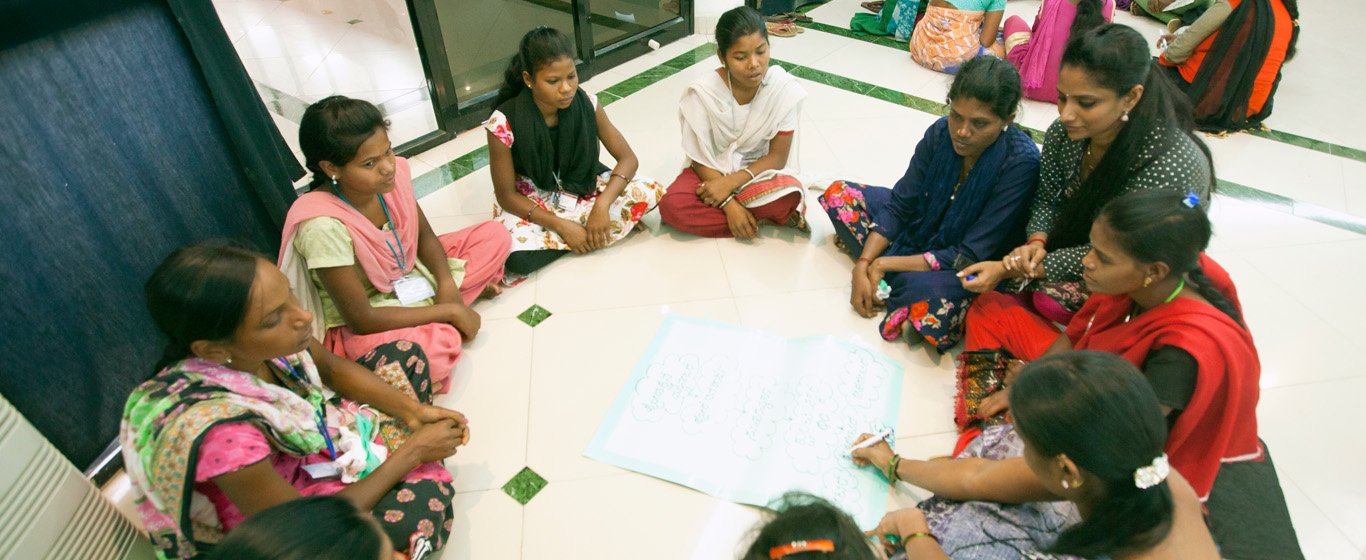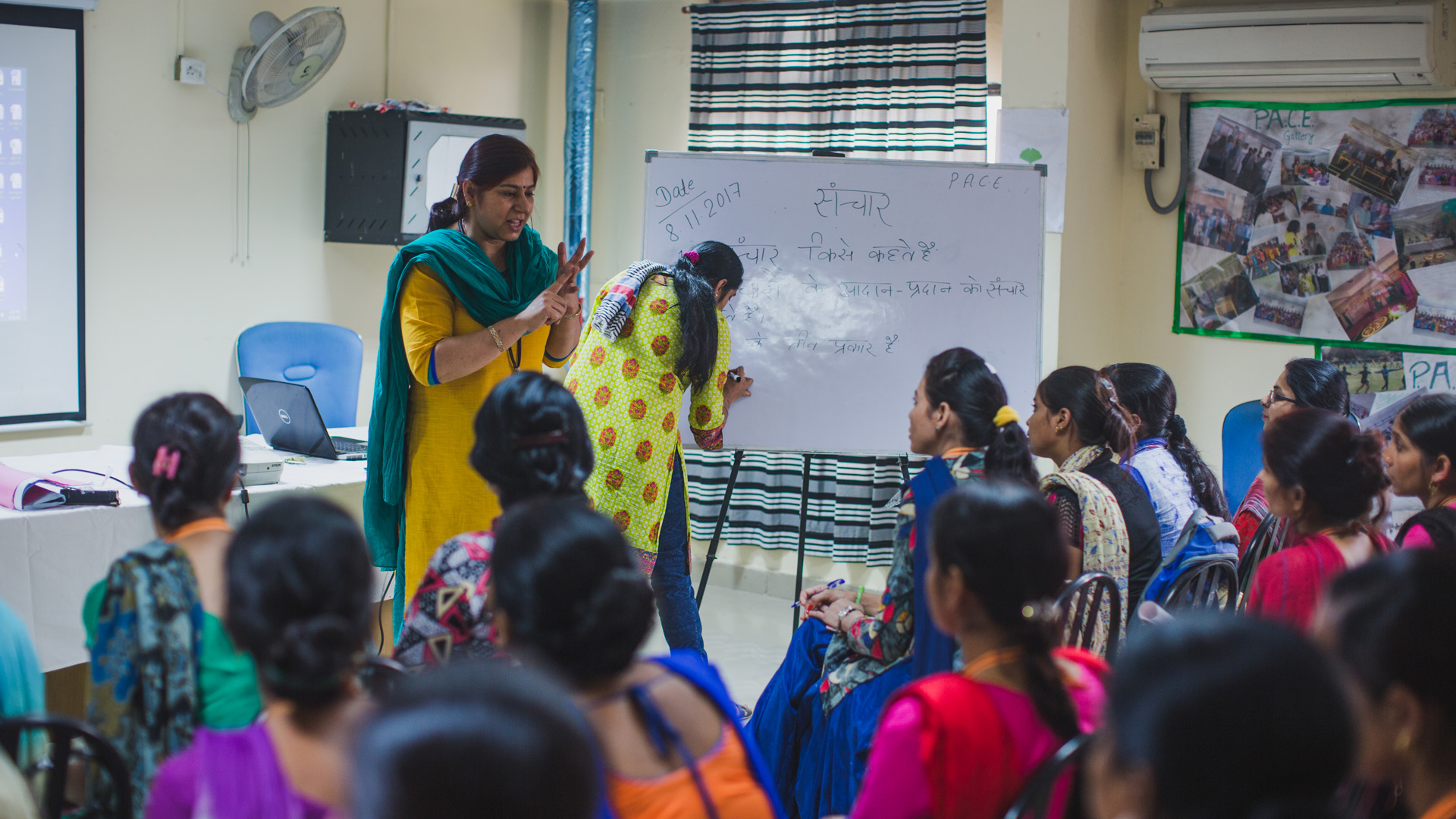The Recovery Series | What does a migrant worker need?

This is the second part of a 3 part series on Shahi’s road to recovery from the gruesome COVID-19 pandemic. In this series, we speak to our employees about their experiences of dealing with the pressures of the pandemic and the support they found at Shahi.
“Achha to hum kaise jaanenge ki bade sheher mein kaha rehna hai aur kya karna hai? How will I know where to live, how to do things in a big city?” asked Arpita, looking quizzingly at me. Arpita is a lanky young girl of eighteen from Barbil. She is one of the thousands of women who wish to migrate to cities to work in garment factories. She joined her mother as a domestic worker ever since the country went into lockdown. Now, she is keen to develop her interest in stitching at Shahi’s skill development center in Odisha, which provides free sewing skills training under the Ministry of Textiles and Rural Development.
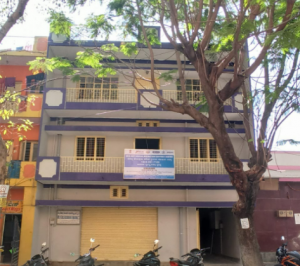
The Migrant Support Center in Bengaluru has been up and running since January 2021
Most garment factories in India are located in the cities. To work in one, Arpita would have to move and set up miles away from her family. She is excited by the prospect of living and working in a metropolitan city, though riddled with questions. Where to live? What if she doesn’t understand the language? How to book a supply of gas? What to eat? Is there a bathroom with running water? What about electricity? How to pay her bills for the first month? What happens if there is a lockdown?
I begin to tell her about the Migrant Support Centre in Bengaluru. Shahi runs the center in collaboration with Odisha Rural Development and Marketing Society (ORMAS). The center was designed by Good Business Lab (GBL) and H&M. The center supports the migrant community in Bengaluru, India, with access to services required to support their lives in an urban environment. It has been fully functioning since February 2021, which led to its invaluable contribution to the support response during the second wave in India.
Workers can easily register themselves at the center using their identity cards (or request support). The registration helps with post-placement tracking, which accelerates response to requests and communicating information about programs—the coordinators and staff schedule sessions for the workers for information on housing and access to utilities. Workers can also sign up for soft skills and advanced training in skills related to their work. They can attend information seminars on health, legal and financial literacy. The Support Center conducts programs like “Know your City,” highlighting popular tourist spots, utilities, and an introduction to the city’s culture.
So far, the center has registered 627 migrants across industries who receive post-placement support and have attended sessions on financial and legal literacy. The center has also supported them in setting up their bank accounts.
Beginnings: The need for a Migrant Support Center
Migrant workers and their families across industries share Arpita’s concerns. It is challenging for them to look for accommodation in safe neighborhoods with access to utilities.
Migrants make up a significant portion of the workforce at Shahi. Many are trained at our skill development centers and receive placement offers from Shahi and other manufacturing companies under our Migrant Workers Livelihood Projects (MWLP). Once trained, they face the challenge of relocating to an entirely new space. Skilled candidates migrating from different states of India are provided accommodation in the residential facilities managed by Janodaya. At the training centers, we provide complete information on these facilities, their facilities, and the process of enrollment. Once the trained candidates are employed at Shahi, they can visit the residences accompanied by post-placement officers.
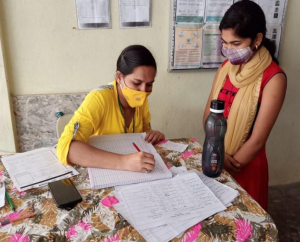
Registering at the Migrant Support Center in Bengaluru
Migrant workers need an array of long-term protections. Some of these are guaranteed by identity documents like the Aadhaar, ration cards, and voter IDs. Many workers are ignorant of or simply do not know about its existence, purpose, and need. These IDs provide them access to health and banking services and further legitimize their position in their workplace. A support center for migrants thus seemed a necessity. It was a need that arose out of our experience with running the MWLP. As more and more youth are trained under our skill development centers, we realized that migrant services needed to be developed further to support them.
Shahi got together with ORMAS, GBL, and H&M to design a scalable and replicable Migration Support Center (MSC) framework. This effort brought together different perspectives— a brand, labor rights organizations, and state government initiatives into our research perspectives.
What Does a Migrant Need?
Good Business Lab interviewed training and placement staff at the home base and Human Resources and Hostel staff at the destination to understand the challenges workers faced. At the home base, where workers undergo training before leaving for Bangalore, families often object to the move out of their hometowns and villages. Workers also tend to withhold information about their health, afraid to lose their job offer.
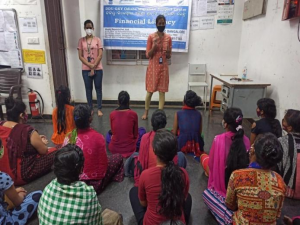
Migrant workers receive financial literacy training
The next phase of the research involved an extensive study of existing frameworks of support centers. The exercise identified the following gap in services for migrants: easy access to basic amenities, social, financial, legal, and governmental services, and services like identity-related documents, information on housing, schools, hospitals, government schemes, and programs. Further, we identified that improving financial inclusion among migrants, including banking access and usage of formal remittance channels, is crucial.
Making services available is not where the task ends for a Migrant Support Center. Changing economic and social conditions create a gap between the training and cognition of workers in their new environments. This takes a toll on their mental health and expectations from their life.
How does it feel like to be a Migrant?
Moving is never easy. The impact of the move often manifests itself in the form of psycho-physiological changes in the behavior of migrants. They suffer from urban loneliness in response to the changes in their environment, isolating themselves and ignoring their health and mental well-being. They often feel stuck in their position where they must continue to sustain themselves and their families back home. Mount a pandemic over all this, and a whole whirlwind of problems crop up. People lost livelihoods, homes, and even their lives.
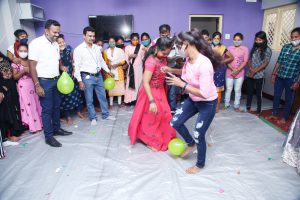
Regular engagement programs help Migrants connect with each other
India faced its migrant crisis amidst a raging COVID-19 pandemic in March 2020. Entire labor populations embarked on a departure from the cities back to their villages and towns. Support centers and emergency services crumbled under the pressure of sheer numbers— flagging the need for more resilient structures. While businesses moved to cut losses and costs in a stifled economy, workers and laborers found themselves stranded.
Limited employment opportunities and gradual re-opening of businesses led workers to move back to the cities. They now had to rebuild their lives— find a place to live, organize resources for survival— all with little to no cash flow. These are not novel in any way.
The MSC helps migrants in Bengaluru with adjusting to changes through community engagement programs, health and legal workshops, and more. They are encouraged to approach the staff in the residential facilities for support whenever they need it.
Resilient Response to COVID-19
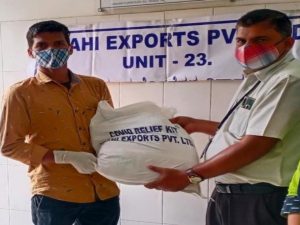
Covid relief kits were provided distributed amongst migrants
During the first lockdown, only 3% of migrant workers left Shahi. Most were able to stay back comfortably in our residence halls. Shahi provided groceries, sanitizers, masks, and 24/7 medical support from Janodaya. In facilities managed by Janodaya, we set up ten beds with concentrators for emergency use by residents.
The MSC has supported workers in Bengaluru through the second wave. The facility turned forty beds in the hostel into isolation wards. Residents in all other facilities received support through ration kits and access to medical professionals. Workers were informed about COVID prevention protocols and care through WhatsApp groups. Our staff on the ground also ensured that all registered workers at the MSC received their vaccination doses.
All migrant workers at Shahi received their vaccines in our camps and centers set up in every factory. By now, 96.7% of our employees are vaccinated with the first dose against COVID-19, and 70.6%* with the second.
What does this mean for hopefuls like Arpita?
Our primary goal with the Migrant Support Center is to make them more accessible and valuable for workers in Bangalore. The services offered by the MSC were determined through four phases of research and implementation. The MSC supports in:
- Enabling migrant workers to make more informed decisions
- Weakening taboos around mental health and encourage seeking help
- Creating an environment for overcoming linguistic and logistical barriers
- Developing new solutions to address problems faced by migrant workers
- Creating a services blueprint to use for scaling up MSCs nationally
Shahi is also focusing its energies on setting up factories closer to rural areas to bring employment closer to workers. This alleviates the emotional and financial cost of moving to work while bringing employment opportunities closer to home. This boosts the local economy and helps accelerate development.
To answer Arpita’s questions:
She will know her way around the city with the help of the Migrant Support Center. The center will train her to understand the importance of taking care of her health and knowing her legal rights. She will have the support of the staff at the MSC and a 627 strong and growing community.
*As of November 2021
